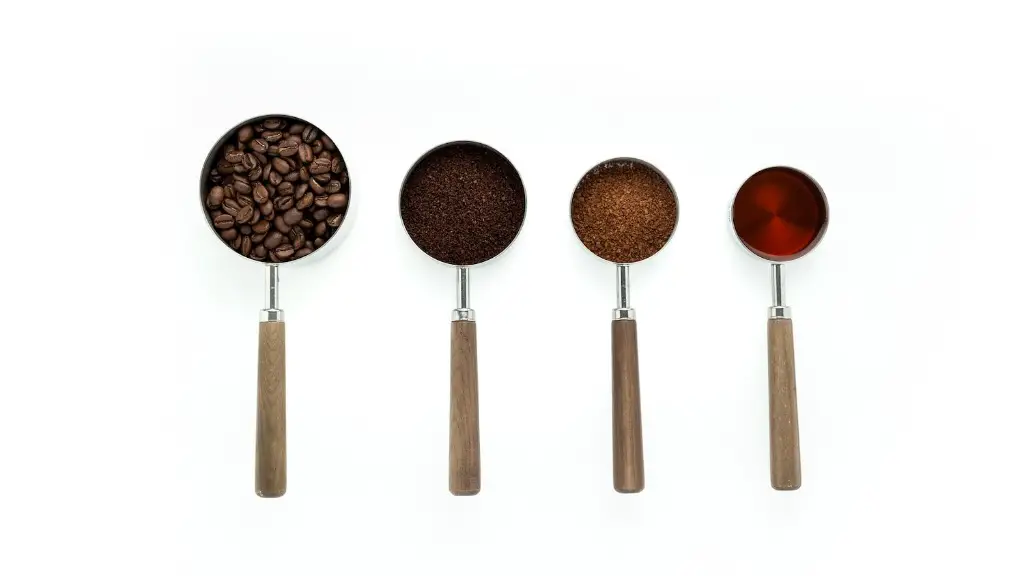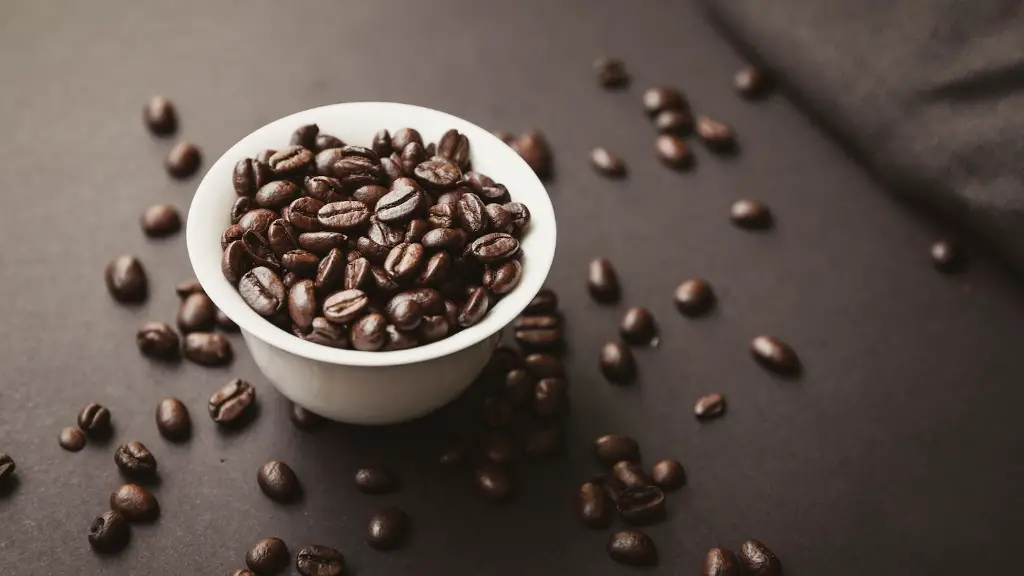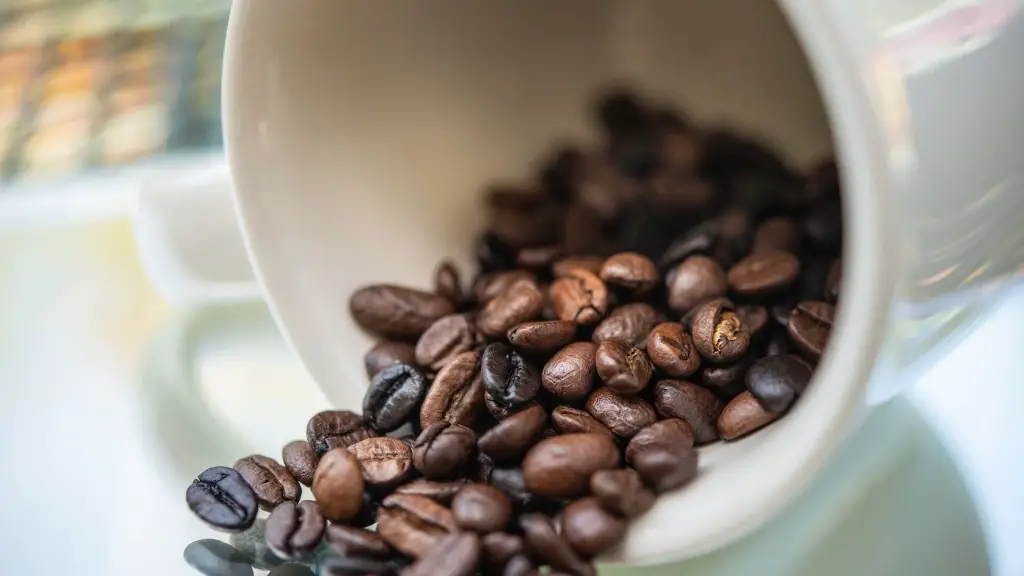Coffee can be a much-needed and cherished pick-me-up, but is it healthy to enjoy a cup in the evening? With studies that demonstrate both compelling benefits and drawbacks, the jury is still out. To help readers decide whether they should embrace or avoid a cup of Joe in the evening, we surveyed experts to give an informed perspective.
Caffeine is a stimulant, so its effects are more pronounced later in the day. “Let’s look at caffeine content,” advises Dr. Irwin Hitt, MD, Medical Director at Onus Health. “Coffee containing more than 100mg can interfere with sleep if it’s drank too close to bedtime.” Comparatively, a regular cup of filter coffee contains around 90mg of caffeine, while a cup of tea contains around 40mg.
The National Sleep Foundation states that at least 6 hours prior is the ideal pre-sleep timeframe for consuming coffee or any caffeinated beverage. But caffeine stays in our system for hours and can affect how well we sleep. Many people strongly advise against drinking caffeine so close to bedtime, especially for those with poor sleep hygiene.
Dr. Hitt suggests that a cup of decaffeinated coffee may be an ideal solution for those who want a nightcap without the downsides of regular coffee. Alternatively, non-caffeinated herbal teas like chamomile tea can offer comfort and relaxation.
However, caffeine can have healthy benefits as well as drawbacks. Research indicates that drinking coffee in the evening can provide a short-term boost in energy and alertness, which can be beneficial depending on the situation. “If you’re feeling fatigued and need an additional energy boost before a late-night meeting, coffee may be helpful,” notes nutrition and exercise science professor, Dr. Chris De Vita.
Dr. De Vita explains that having coffee in the evening might be beneficial if working in the evening or on shift work. He adds, “For people in these circumstances, a cup or two of coffee can give them the energy they need to focus and alertness that may help them do their job well.”
Metabolic Health
Recent research suggests that coffee consumption can have beneficial metabolic effects, such as improved glucose and insulin sensitivity. Lead researcher, Dr. Gavin Niman explains, “In healthy adults, drinking coffee in the evening can actually help to improve glucose metabolism and hormonal control. This could potentially benefit people with metabolic health issues.”
However, this research remains in its early stages, and further study is required to substantiate these claims. As Dr. Niman points out, it’s not wise to focus on one single food item as the panacea for health problems.
Weight Management
For weight conscious individuals, the value of drinking coffee in the evening is questionable. “Even though coffee can often act as an appetite suppressant, this isn’t a good enough reason to drink it late at night,” explains Nicole Asher, registered dietitian and nutrition educator. She warns, “Calories in our beverages, though often ‘invisible,’ still count! So if we’re drinking a calorie rich latte at night, that can easily derail our idea to eat a calorie-restricted diet.”
Dr. De Vita adds that there is evidence to suggest that caffeine can increase cortisol, the stress hormone. Elevated cortisol has been linked in research to an increase in body fat, so this could be a potential problem.
Circadian Rhythm
Aside from energy and metabolic health, there are additional considerations when it comes to drinks caffeine in the evening. Our internal body clock—the circadian rhythm—influences how our bodies work. Disruption of the circadian rhythm at night due to caffeine consumption can come with a host of potential health problems.
“Sleep disruption is the most obvious issue but there can also be leptin resistance, impairments to daytime cognitive performance, and it can even increase the risk of certain diseases,” cautions Dr. Hitt. Studies also suggest that it may increase depression and anxiety. He advises moderating caffeine intake where feasible and avoiding it in the later hours.
Conclusion
Ultimately, it seems that drinking coffee in the evening is an individual decision. For some people, it can have positive benefits. On the flip side, those with existing metabolic or sleep issues may want to skip that late-night cup of coffee. The key is to find the best balance of benefits and drawbacks that work for you.
Digestion Promotion
For some, coffee may be beneficial to their digestion. Research indicates that having coffee can stimulate the digestive system, helping digestion-promoting compounds like calcium and amino acids get absorbed. This can be especially helpful if it’s a primary source of those compounds.
However, there’s a caveat. While coffee may be beneficial for some, it can be harmful for others. “Coffee is an acidic drink and it can be really bad for people who suffer from sensitive digestion and also people with GERD (Gastroesophageal reflux disease),” explains Dr. Niman. Therefore, he advises to be aware of symptoms or problems one might have and, if caffeine has any negative effect, look for an alternative.
Mood Regulation
Coffee can have both a positive and negative impact on mood, depending on when it’s taken. Generally, having coffee earlier in the day can have positive uplifting effects, while having it in the evening can disrupt one’s sleep patterns, leading to an eventual feeling of being unrested and tired.
Dr. De Vita clarifies, “It’s important to note that coffee should be used with moderation and in amounts that won’t cause these adverse effects. When it’s used as a tool and not abused, it can be beneficial both mentally and physically.” He also emphasizes the importance of maintaining personal awareness of when coffee has negative impacts on energy and concentration.
Caffeine Tolerance
Some individuals can be more sensitive to caffeine than others. It’s important to be aware of one’s own reaction to caffeine and adjust consumption accordingly.
“It’s always wise to be mindful of our caffeine tolerance,” stresses Asher. “We don’t, of course, need to boycott coffee altogether, but rather take into account our body’s needs and their reactions to it.” She adds that interpersonal differences suggest that some will benefit from coffee consumption in the evening, while others may opt to relieve their coffee consumption for earlier hours.
In conclusion, the key question for individuals to answer is whether or not you should drink coffee in the evening. Everyone is different and requires individualized nutrition and lifestyle plans. Ultimately, it’s important to properly assess the benefits and drawbacks for one’s own needs and adjust consumption accordingly.





